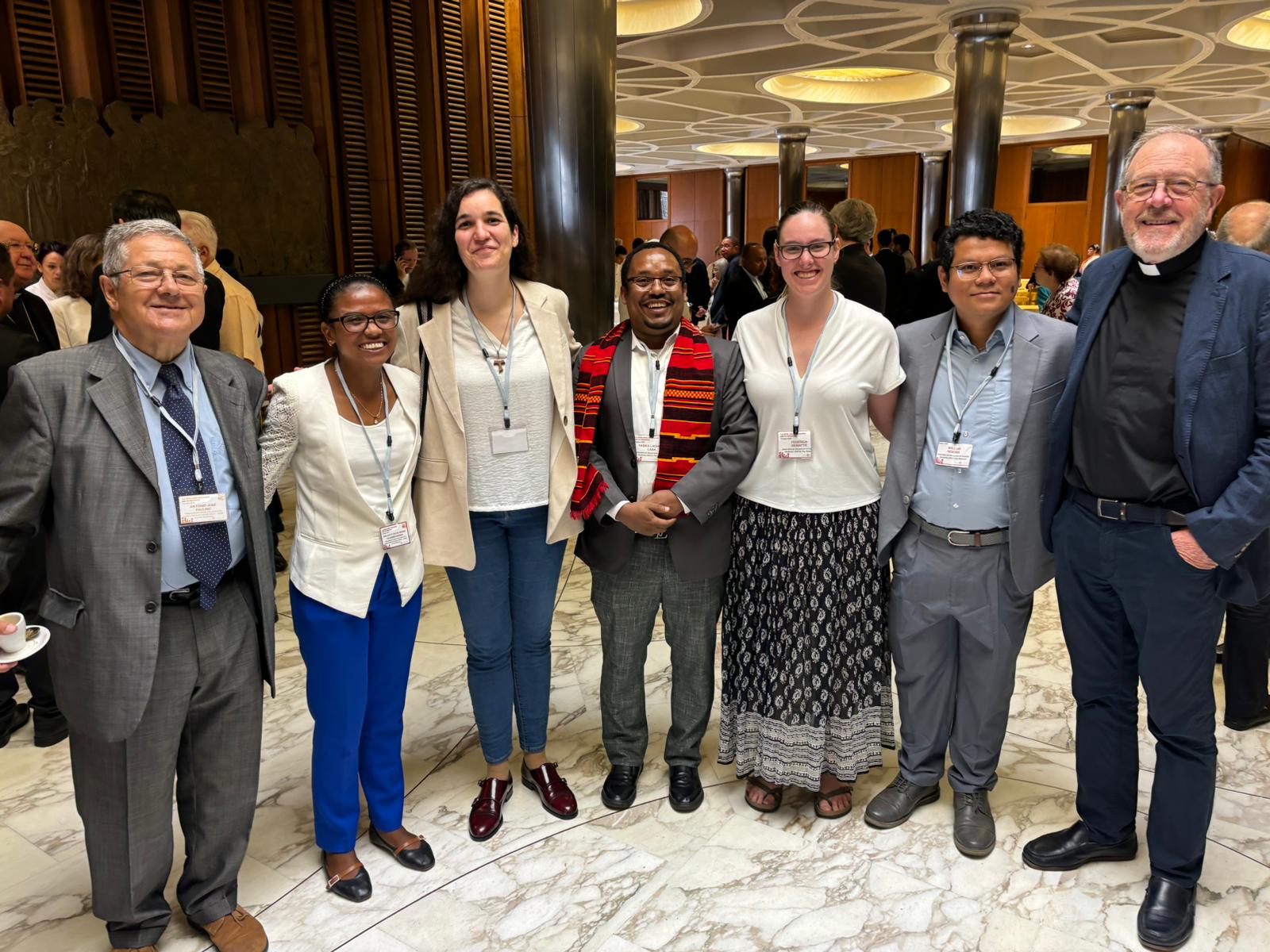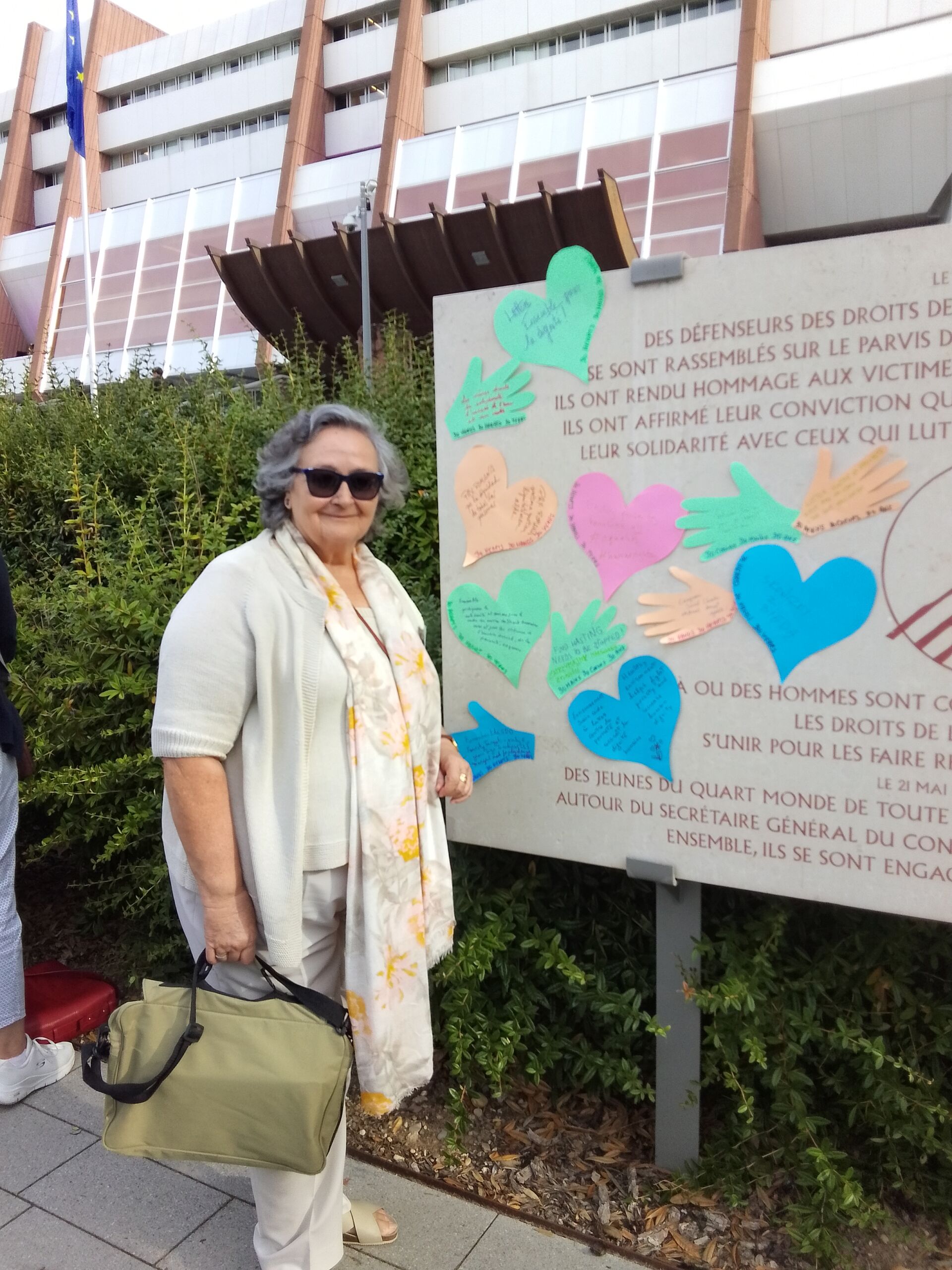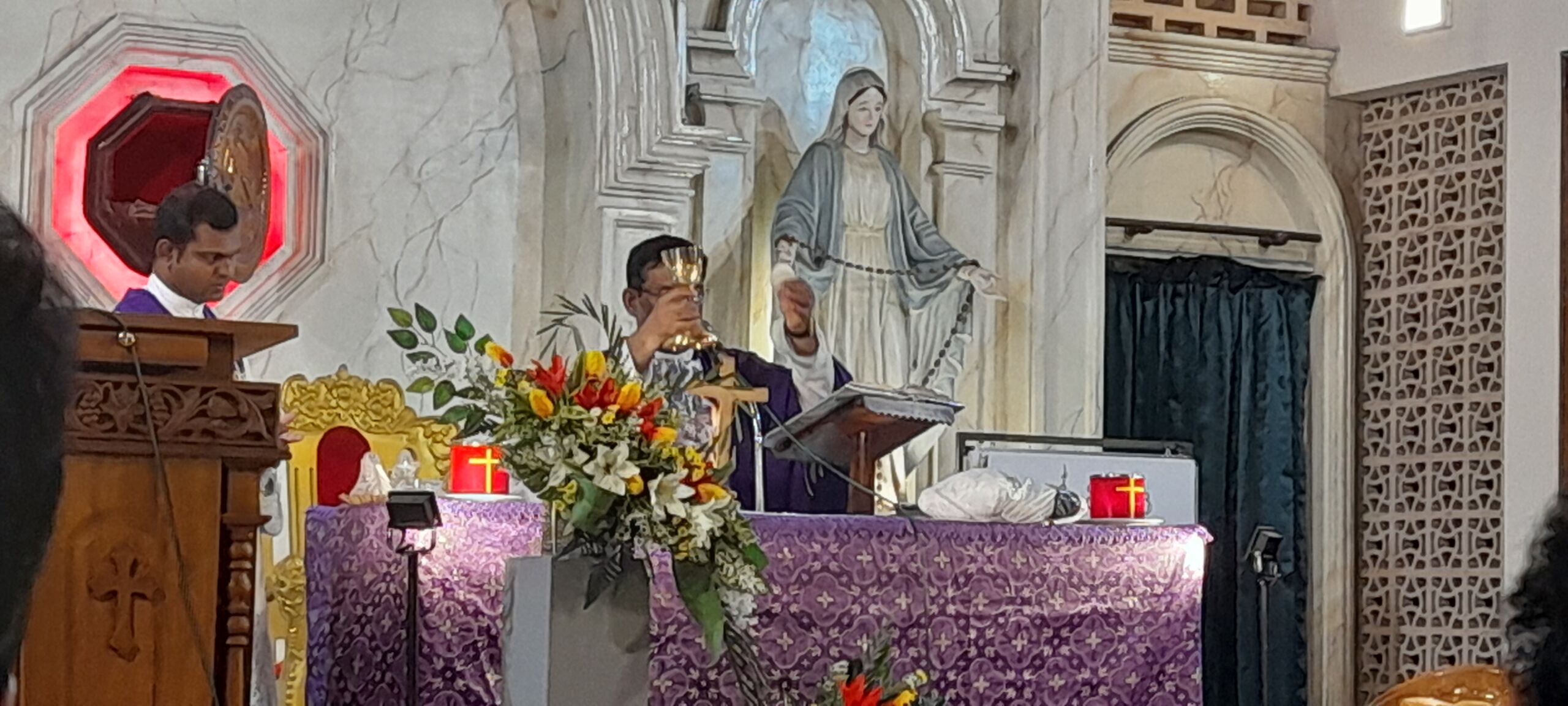By: Stefano Ceccanti, Josep Carbonell, Ana María Bidegain[1]
The magisterium of the Church since the Second Vatican Council has clearly manifested a preferential option for democracy, based on historical experiences that have demonstrated that it is the form of State that best guarantees the dignity of the human person.
The contribution of Catholic lay movements involved in the emergence and consolidation of democracies has been great; one need only think of personalities such as Jacques Maritain (France), Joaquín Ruiz-Giménez (Spain), Maria de Lourdes Pintasilgo (Portugal), and Tadeusz Mazowiecki (Poland), all of whom were linked to Pax Romana.
In the 1970s, many believers in Portugal and Spain fought against dictatorships and took important initiatives to consolidate democracy in their countries; the same happened in the 1980s in Latin America and in Asia, the Pacific, and Africa. Since 1975 the number of democracies in the world has grown, and they continue to expand in quality. This has also led to the growth of forms of sharing state sovereignty, as in the case of the expansion of the European Union, which is proving effective in preventing the resurgence of disintegrative nationalist impulses.
The Church’s social doctrine, aware of the contradictory nature of human experience, has always invited us to look at history, not as an irreversible process, but to be attentive to the possible risks of regression. Even democracies considered older and consolidated are not exempt from the loss of fundamental democratic and republican values. In this sense, we note with concern recent authoritarian and populist phenomena, which represent a regression of democratic values and must be firmly condemned.
This is particularly true of political regimes that embrace the misleading notion of “illiberal democracy” proposed by Hungary’s President Viktor Orban. They maintain facades of democracy to achieve popularity but take measures that restrict fundamental rights. They give the executive power absolute sovereignty over all other powers and controls, or they establish norms that affect the democratic rights of some sectors or favor the clientelism of the governing party, as has happened recently in many countries in the world, even if they do not theoretically embrace Orban’s proposal, but they erode well-established democracies or prevent their consolidation. [2] –
Even if elections are held, the lack of freedoms such as freedom of speech and freedom of assembly makes the work of the opposition extremely difficult. They are also regimes that are characterized by seeking scapegoats (e.g., immigrants) on whom they unload public disapproval to obtain a negative consensus, playing on fears present in the social body and reinforcing problems rather than pointing to solutions. The assault on democracy is particularly violent against institutions when it is intended to question the genuine character of the electoral results certified by the corresponding authorities. As happened on January 6, 2021, in the United States.
Even Christian sectors traditionally distanced from politics have created pseudo-fascist fundamentalist movements that have come to power or aspire to do so, wielding, like Orban, the need to establish “states with Christian values” and seek to limit fundamental rights and democracy.
Without prejudice to the principle of the legitimate pluralism of the different political options of believers, we must warn about certain Catholic groups that embrace movements and parties that practice these populist and illiberal drifts and that must be strongly denounced, especially during electoral campaigns. These are practices that go against the common good. They do not place the poor and their needs at the center of the state’s concerns, but rather particular interests that benefit the development of corruption as the systems of control and the balance of powers are broken.
To consolidate democracy, we must pay attention to listening to minorities and accepting their suggestions, to perfecting dialogue to be ever more respectful and attentive, to putting conclusions into practice so that they are not sterile, to building bridges between different opinions to avoid ideological sectarianism both inside and outside the Church. We must promote a culture of encounter, which is the basis of democracy and ecclesial communion.
It is especially incumbent upon the laity to play both a denouncing role and a propositional role in favor of demanding and realistic solutions in the light of the Church’s social doctrine and attentive reading of the signs of the times, in dialogue with all those who work for the dignity of persons, and openly encourage them to participate in public office and to continually promote a healthy democratic culture. Urge all countries to consider economic cooperation with other countries considering the level of democracy in place. Encourage Christians, both individually and in the community, to participate in the monitoring of democratic life.
[1] Ana Maria Bidegain, International President of the Movement of Catholic Professionals and Intellectuals and Professor at Florida International University, US; Professor Josep Maria Carbonell, Università Ramon Llull, Spain, a regional deputy in Catalonia; Stefano Ceccanti, Università La Sapienza, deputy congressman, Italy.
[2] [2] Algunos ejemplos de estas democracias “iliberales”, limitadas o erosionadas: Hungría, Polonia, Turquía, Rusia, Brasil, Venezuela, Nicaragua, Corea del Sur, Japón, Timor oriental, Malasia, Filipinas, Mongolia, Indonesia, Singapur, Papúa Nueva Guinea. Incluso algunos países aplican un sistema abiertamente autoritario, como China, Cuba y Myanmar.




Leave A Comment
You must be logged in to post a comment.